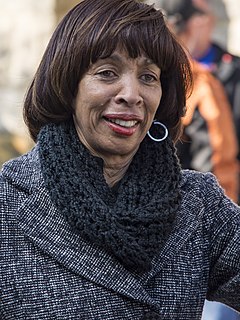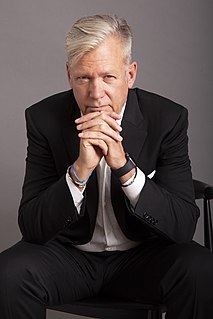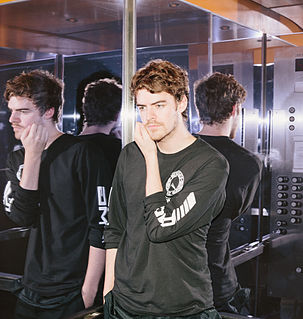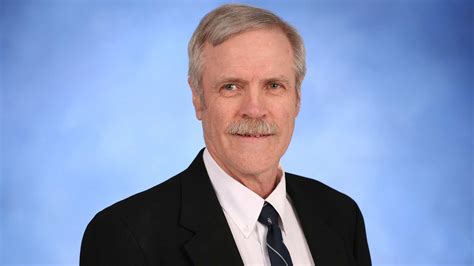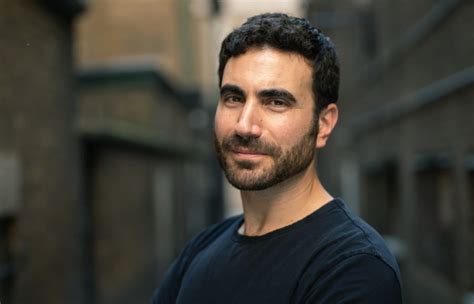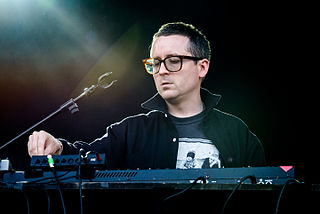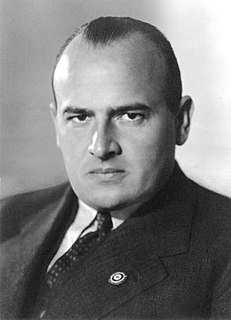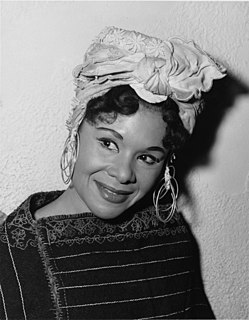A Quote by Catherine E. Pugh
For me to come in as the mayor already recognizing some of the problems that we were facing and also having put some of those reforms in place, I recognize what the advocates were talking about. I also recognize what the police department`s concerns were and what the community in general was concerned about.
Related Quotes
Similarly, the press never tested many of the assumptions about WMDs. One of the great myths about the WMD issue is that everybody believed Iraq had them. Well, that's not true. There were a number of people in the intelligence community and the State Department who were skeptical, and many analysts in the Department of Energy were dubious about Iraq's nuclear capability. There were also people like Scott Ritter who were saying quite accurately what was going on.
We did respect [Bernard Leach], although we also were willing to challenge ideas and at least put forth our feelings about the way the pottery was run, about things that were done, about the pots we were making, etc. And we would get into sometimes some very fierce arguments. We'd be shouting at one another because of disagreements.
I'm hoping there's cohesion in these tracks. Some of them were made weeks ago, some were made in 2010, but they've all stood out as one big thing I want to give to everyone. The concept behind No Plans references a few of concerns: having no plans with school, no plans with jobs, and no plans for the future. I'm hoping these songs can help you forget about those concerns, at least for 30 minutes of your day.
Will Bridges, who is the co-creator with me, when we were working on 'SuperBob,' we were just talking about how we like to write about relationships. And we were talking about what love is. We were in very different stages; he was married and was about to have his first child, and I was kind of dating the wrong people.
[When you have kids] you become much more - there are two things that happen. You recognize how fragile individuals are, and you recognize the strength of the general overall group, but you don't care anymore. You're just fighting for the one thing. See and then, you also recognize that everybody, then, is also somebody's child.
It's funny, I played a social gig once - we were playing music that was rhythm based, but it was going in some strange places. Some people came up to me afterward and said, "Can you play a tune that we'll all recognize?" I've carried that with me forever - why would you want a tune you could recognize? What's the point of that?
What if, instead of being afraid of even talking about death, we saw our lives in some ways as preparation for it.
What if we were taught to ponder it and reflect on it and talk about it and enter it and rehearse it and try it on?What if, rather than being cast out and defined by some terminal category, you were identified as someone in the middle of a transformation that could deepen your soul, open your heart, and all the while-even if and particularly when you were dying-you would be supported by and be part of a community?
When I first came up, the whole AIDS epidemic was starting, and the gay community that I experienced from the beginning of my career was mostly - and overwhelmingly - concerned with staying alive. And, also, I felt really aware of the preciousness of life and time. The gay community and people who were HIV-positive were treated so badly, and I was very disturbed by things. But I also saw a lot of love and connection in the gay community at that time.
Everything that happens to me gets put into a song. For some reason, I'm really comfortable talking about my personal life in songs. There, I don't hold back: names, dates, times, expressions on people's faces, exactly where we were and how it felt, what I wish I would have said to them in the moment. So I'm not only excited about sharing the songs with fans; I'm also pretty interested to hear the response from the guys I've written about on the record.
